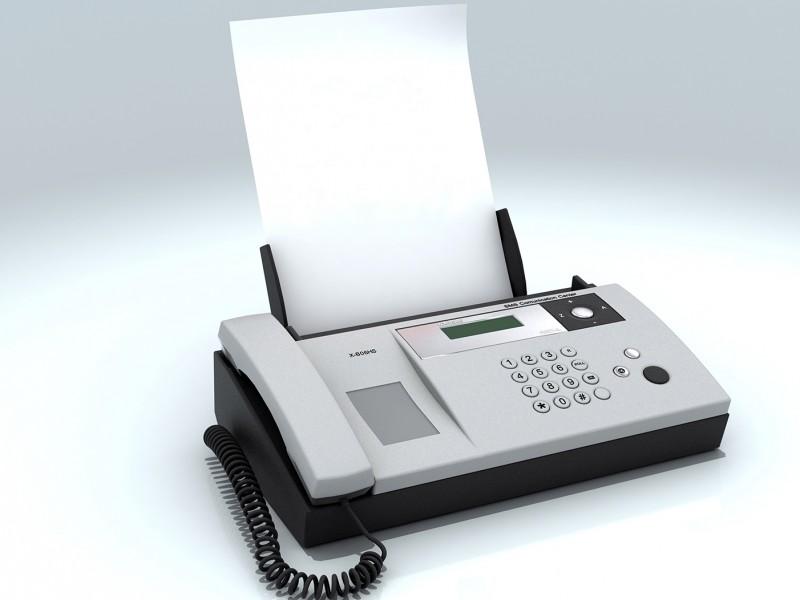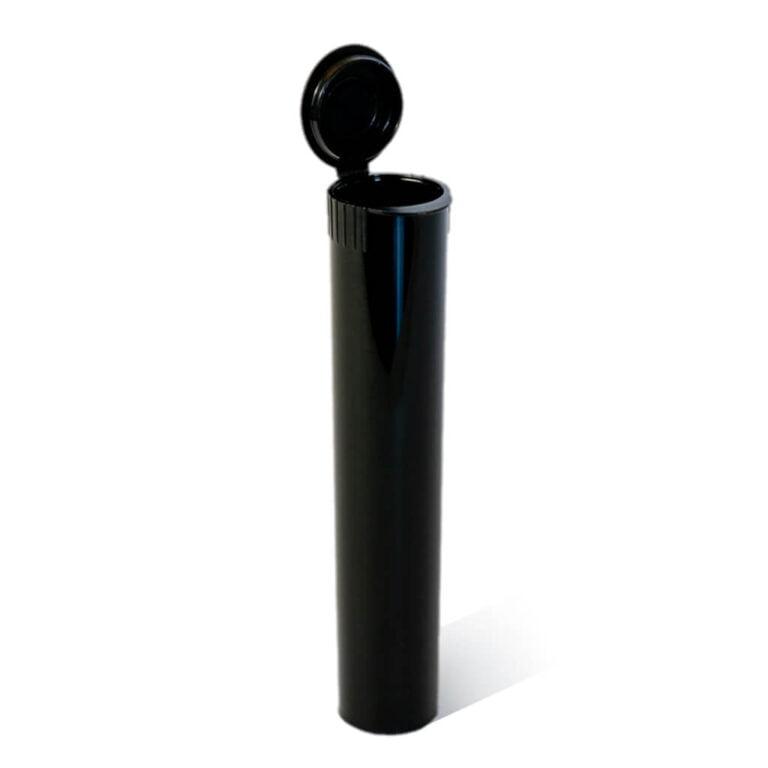If you’re an entrepreneur who runs your own business and doesn’t have full-time employees, a solo 401(k) may be a great option.
It’s one of the fastest ways for a single-person business to amass savings, and it offers complete flexibility. Here are four reasons you should consider a Solo 401(k) provider to manage your plan:
Table of Contents
Tax Deductions
A solo 401(k) is an excellent choice for self-employed workers because it typically offers a high contribution limits than other retirement accounts, such as the SEP IRA or SIMPLE IRA. In 2023, you can give up to $66,000 as an employee, and the employer (profit-sharing) contribution limit is up to 25% of your compensation or a maximum of $25,000.
Generally, the employee salary deferral contributions are made with pre-tax dollars, and the investment earnings grow tax-deferred until they are withdrawn in retirement. As an added benefit, your employer contribution is tax deductible, which lowers your taxable income for the year, though the tax penalties for early withdrawals are harsh.
You can select to invest in a traditional or Roth solo 401(k) plan, depending on your financial situation. The conventional option allows you to make after-tax contributions, which reduce your taxable income for the year. However, distributions are taxed as ordinary income in retirement.
Most brokers offer Solo 401(k) plans. They also provide a variety of trading platforms for those who want to actively manage their investments. Other providers provide more passive selections for those who prefer a hands-off approach. This is an excellent option for those who want to leave the portfolio to run itself and are interested in alternatives, such as real estate or precious metals.
Flexibility
A solo 401k is a great option for individuals who want to consolidate retirement accounts in one place. It offers the advantages of both a tax-deferred and Roth account with no income restrictions for contributions like a Roth IRA does. The plan also allows for participant loans, which are based on 50% of the vested account balance or $50,000, whichever is less. We handle the participant loan paperwork for our clients and include this service in our fees.
The plan allows salary deferrals of up to 25% of net self-employment earnings, and the employer contribution is deductible. In addition, a solo 401k can be used to roll over funds from retirement accounts like an IRA and old 401(k)s from former employers.
Another advantage of the solo 401k is that there are no compliance testing requirements for this type of plan that SEP and SIMPLE IRAs have. This makes it an excellent choice for those who expect to wait to hire full-time employees. The only caveat is that if you hire any employees in the future, there are better options than a solo 401(k) for your business, and you may need to switch to a different retirement plan solution. If you decide to change plans, we can help with the process and provide the necessary documentation for the new plan.
Investment Options
The best solo 401k companies should offer you various investment options. They should have all the popular 401(k) funds like stocks and mutual funds and alternative investments like real estate, startups, cryptocurrency, etc. In addition, they should allow you to make Roth and traditional contributions. Finally, they should offer the option to buy shares of privately held businesses.
Unlike a SEP IRA, you can include your spouse in a Solo 401(k). Your spouse can make elective deferrals (tax-deductible) up to the employee contribution limit of $22,500 or $61,000 if you’re 50 or older, respectively. Your spouse can also contribute profit-sharing to the plan as an employer (tax-deductible at a 25% rate).
With a Solo 401(k), you can borrow up to $50,000 without needing a credit check. This is especially useful if you need money for your business because the income from your loan will be tax-free.
A good Solo 401(k) provider will have no account fees or minimum deposit requirements. They should also be transparent about which trades charge a fee. This can save you a lot of money over time. Additionally, you should be able to use your Solo 401(k) for self-directed investments without having to create an LLC and pay custodian fees.
Investing
If you are a sole proprietor with no employees, you may open a solo 401(k) or a Simplified Employee Pension IRA (SEP IRA). A solo 401(k) offers the most significant potential contribution limit of any retirement account for a small business owner without employees. It also allows you to make both pre-tax and Roth contributions, as well as take out loans. It’s also possible to combine a solo 401(k) with a Roth IRA and an individual retirement account (IRA).
You can also spend your retirement savings on a wide range of assets with a Solo 401(k), which gives you more investment freedom than big corporate 401(k) accounts. You can invest in real estate syndications, tax liens, precious metals, private equity, crowdfunding, cryptocurrencies, and more. However, it is essential to work with a qualified retirement tax professional to ensure that your investments are by IRS regulations.
With a Solo 401(k), you can take up to $50,000 or half of your account balance (whichever is less). This is an excellent way to fund your business or to cover personal expenses, such as paying off debt or buying a new car. In addition, withdrawals from a solo 401(k) are generally tax-free, except for a required minimum distribution (RMD). Talk to your retirement tax specialist to understand how a Solo 401(k) can benefit you.
Also Read – The Smart Buyer’s Checklist: How to Choose the Right Excavator for Sale Near You




